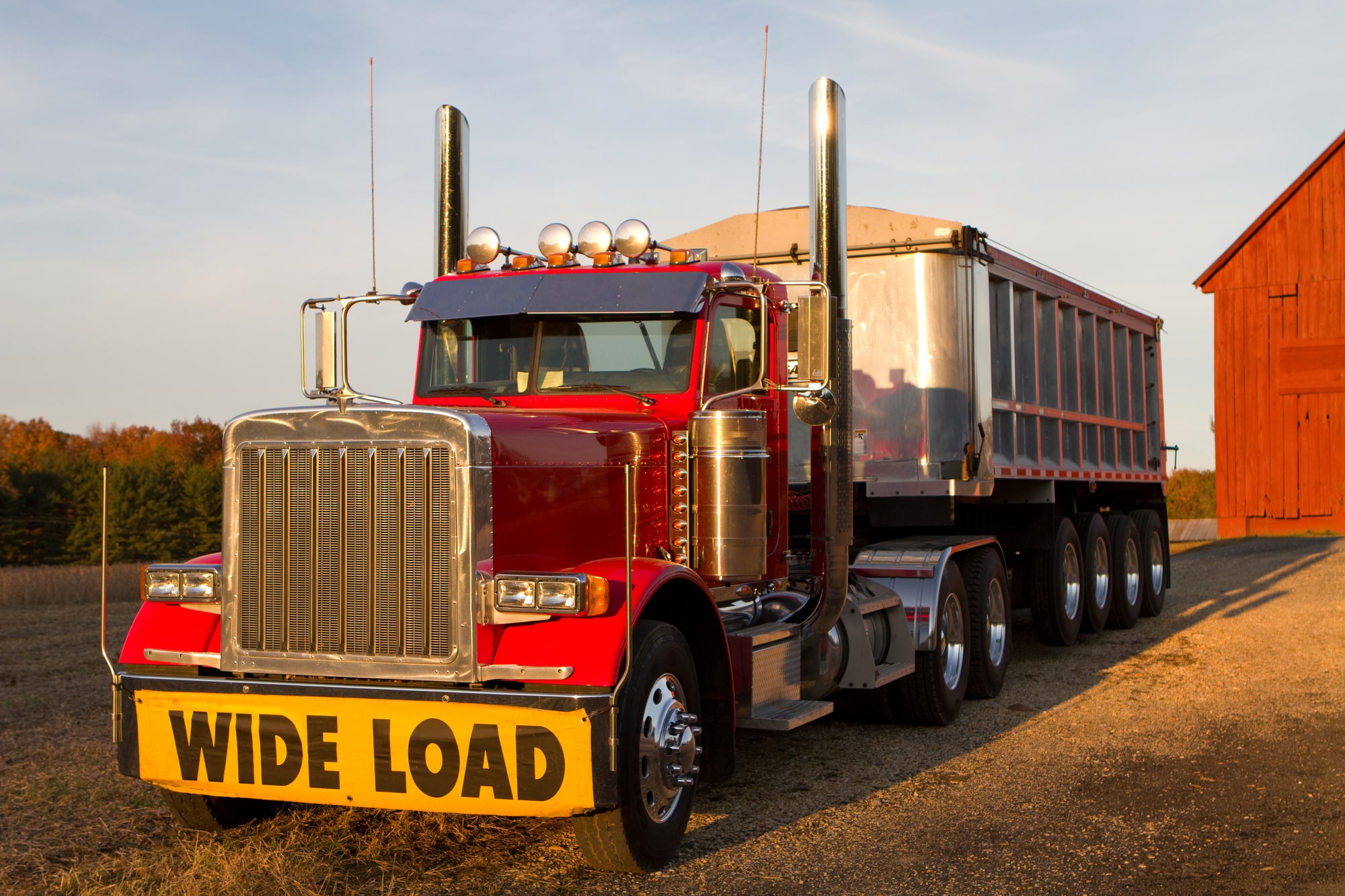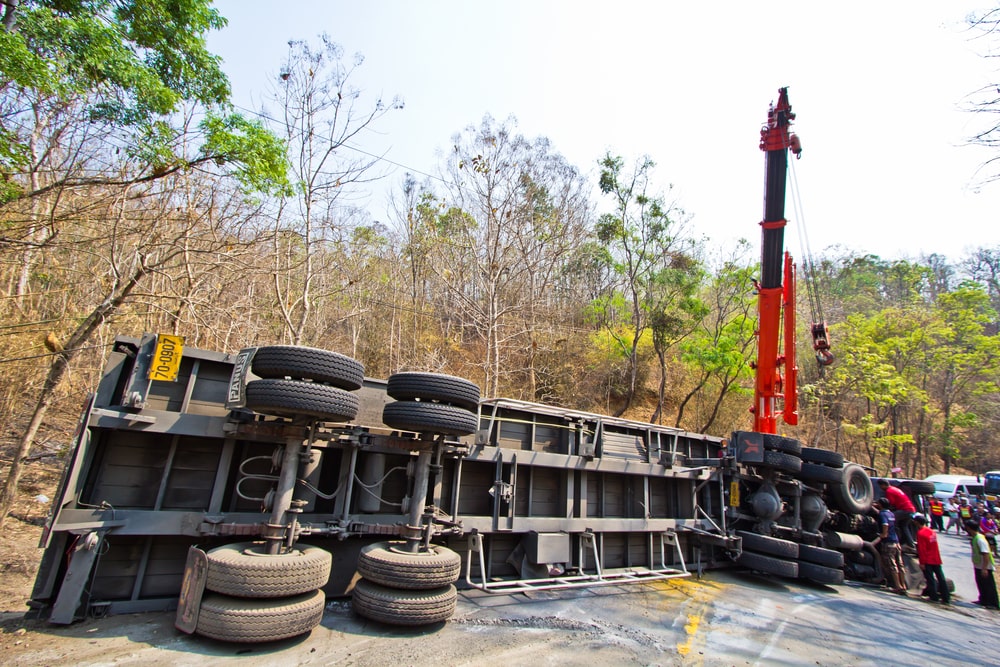Seven Common Causes Of Truck Accidents
Truck accidents can result in significant injuries, property damage, and even fatalities, making them a serious concern for drivers. Understanding the common causes of these accidents can help raise awareness and encourage safer practices among all drivers. Identifying the cause of the accident is also important when filing a claim or a lawsuit in pursuit of compensation. Attorneys such as our friends at Willinger, Willinger & Bucci, P.C. can attest to the importance of addressing these issues when seeking justice for those impacted by truck accidents. Below, we discuss seven common causes of truck accidents and how they can often be prevented.
- Driver Fatigue
Truck drivers often face demanding schedules that require them to travel long distances under strict deadlines. Fatigue is a leading cause of truck accidents, as drowsy driving reduces reaction times and decision-making ability. While regulations limit the number of hours drivers can work, some may push these boundaries, increasing the risk of accidents. Ensuring that these regulations are followed can help prevent accidents.
- Distracted Driving
Like any driver, truck operators are susceptible to distractions. Activities such as using a phone, eating, adjusting navigation systems, or even daydreaming can divert attention from the road. Given the size and weight of trucks, even a brief distraction can lead to severe consequences. Staying focused at all times is critical to reducing the likelihood of accidents.
- Improper Maintenance
Trucks require regular maintenance to function safely. Worn-out brakes, tire blowouts, or malfunctioning lights can significantly contribute to accidents. When maintenance is overlooked or rushed, it increases the risk of mechanical failure on the road, potentially causing collisions. A good truck accident lawyer can investigate the accident and help determine if improper maintenance contributed to the accident.
- Overloaded or Improperly Loaded Cargo
Improperly loaded cargo can make a truck unstable and harder to control. Overloaded trucks may experience brake failures or difficulty maneuvering, especially on steep grades. Uneven or unsecured loads can shift during transit, increasing the likelihood of rollovers or loss of control. Loose cargo can also fall and create a hazard on the roadway, leading to accidents.
- Speeding and Reckless Driving
Due to tight delivery schedules, some truck drivers may feel pressured to exceed speed limits or drive aggressively. Speeding reduces the ability to stop quickly and increases the severity of crashes when they occur. Tailgating, abrupt lane changes, and failing to yield can also lead to serious accidents.
- Adverse Weather Conditions
Weather conditions like rain, snow, ice, or fog create hazardous driving environments. Trucks, due to their size and weight, require longer stopping distances and are more susceptible to skidding or jackknifing in bad weather. Drivers must adapt their speed and driving habits to the conditions to minimize risks.
- Inadequate Training
Operating a large truck requires specific skills and training. When drivers lack the proper training, they may struggle to handle their vehicles safely, especially in challenging situations. Proper certification and continued education are essential to ensure drivers are prepared for the demands of the road. If inadequate training was a contributing factor to your accident, a truck accident lawyer can help hold the responsible party accountable.
Contact A Lawyer Today
Truck accidents often stem from preventable causes, emphasizing the need for safer practices and stricter adherence to regulations. If you or a loved one has been involved in a truck accident, working with an attorney can help you navigate the legal process and seek fair compensation. Contact a legal professional today to learn how they can assist with your case.





